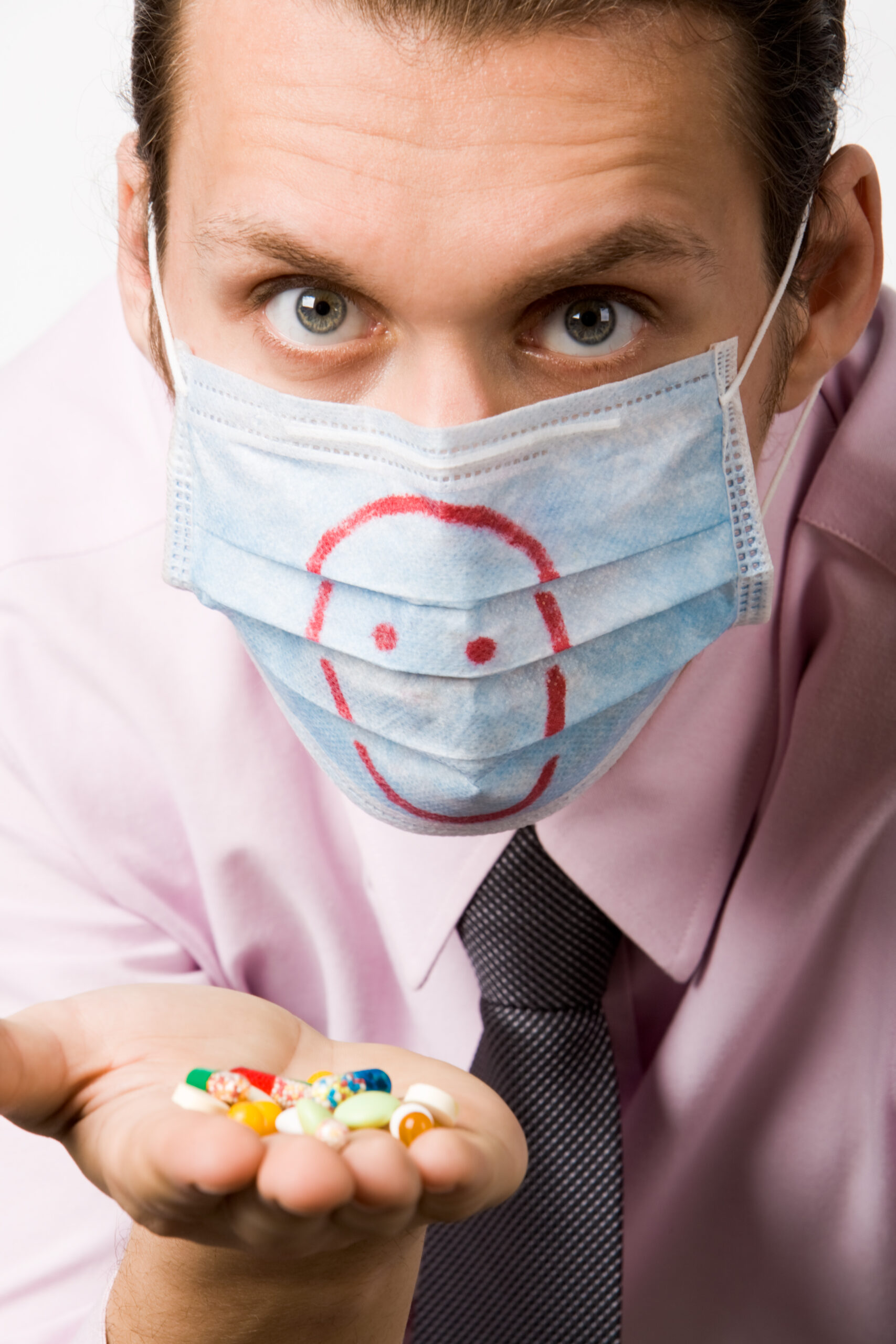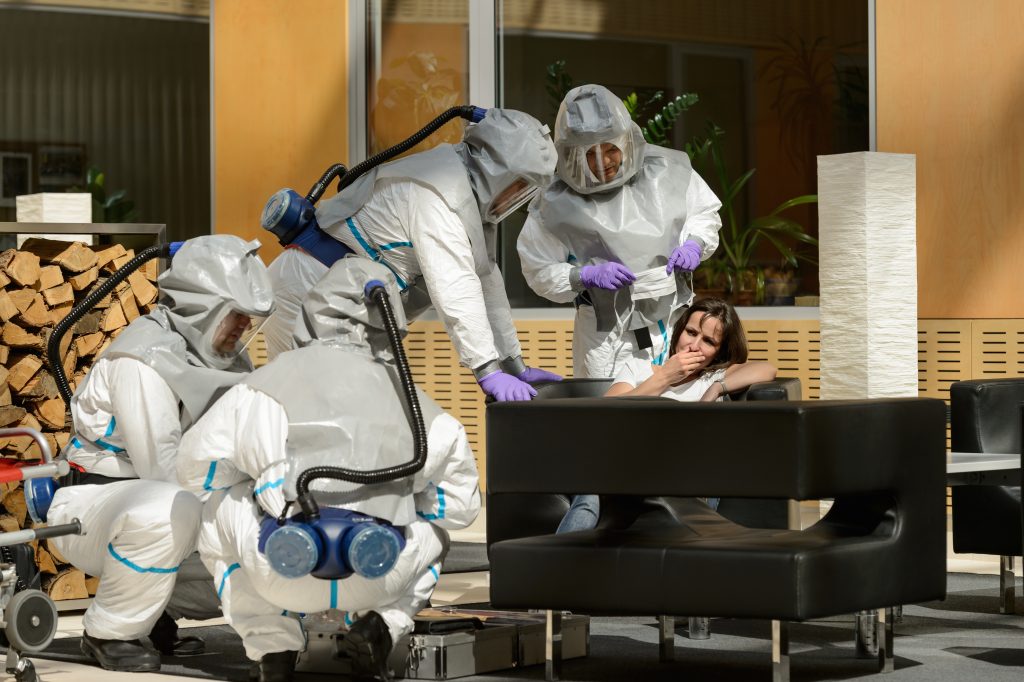As the world slowly recovers from COVID-19, it’s crucial for businesses to implement effective and efficient pandemic cleaning standards in their workplace. Frequent and thorough cleaning is essential to prevent the spread of infectious diseases like COVID-19. In this blog post, we will discuss how you can develop a comprehensive cleaning schedule that incorporates effective disinfectant agents while training your employees on best practices.
Introduction to Pandemic Cleaning Standards:
The first step towards implementing effective pandemic cleaning protocols is understanding what they entail. The Centers for Disease Control and Prevention (CDC) recommends frequent and thorough cleaning of all surfaces touched by people or objects. This includes door knobs, countertops, keyboards, phones, and other frequently used items. It’s also important to use EPA-registered disinfectants to kill any remaining viruses or bacteria.

Importance of Frequent and Thorough Cleaning in the Workplace:
Frequent and thorough cleaning helps reduce the risk of cross-contamination, which occurs when an individual comes into contact with contaminated surfaces. By regularly cleaning these areas, you can minimize the chances of someone getting sick at work. Additionally, cleaning reduces the amount of dust and dirt buildup, making the air cleaner and healthier to breathe.
Effective Disinfectant Agents for Post-Pandemic Cleaning Protocols:
When selecting disinfectant agents, choose those that are registered with the Environmental Protection Agency (EPA). These products have been tested and proven to be effective against various pathogens including COVID-19. Some examples include bleach solution, hydrogen peroxide, and quaternary ammonium compounds.
Developing a Comprehensive Cleaning Schedule for Your Business:
To ensure that every surface gets cleaned thoroughly, create a detailed cleaning schedule that outlines specific tasks and frequencies. For example, high-touch surfaces such as doorknobs, light switches, and desktops should be cleaned daily. While low-touch surfaces such as walls and floors can be cleaned weekly. You may want to consider hiring professional cleaning services to handle these tasks if resources allow.
Training Employees on Pandemic Cleaning Best Practices:
Employees play a critical role in maintaining cleanliness in the workplace. Train them on proper handwashing techniques, how to properly dispose of waste, and how to report any suspicious spills or accidents immediately. Ensure that everyone understands the importance of following the new cleaning protocols and the consequences of not adhering to them.
In conclusion, developing effective and efficient pandemic cleaning standards requires a combination of frequent and thorough cleaning, using appropriate disinfectant agents, creating a comprehensive cleaning schedule, and training employees on best practices. Implementing these measures will help protect both your staff and customers from potential illnesses.


